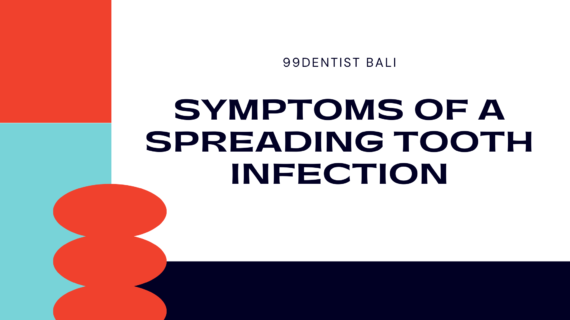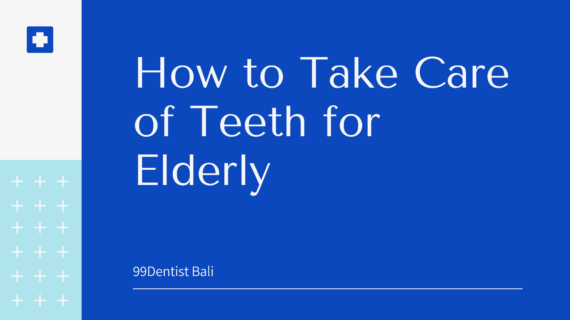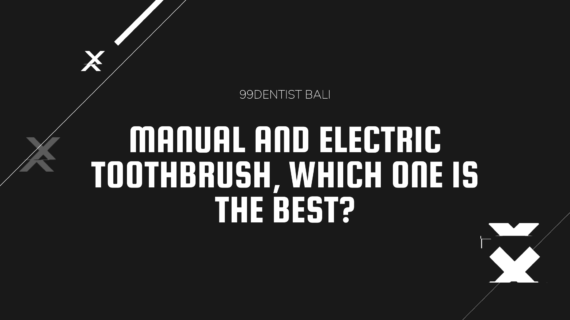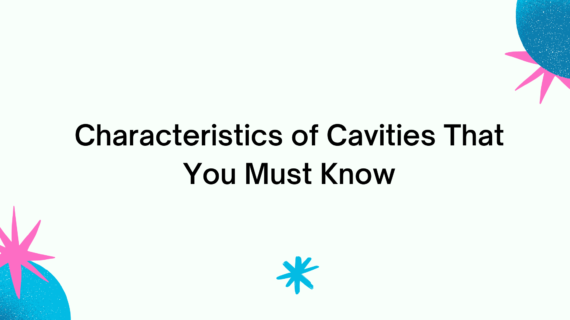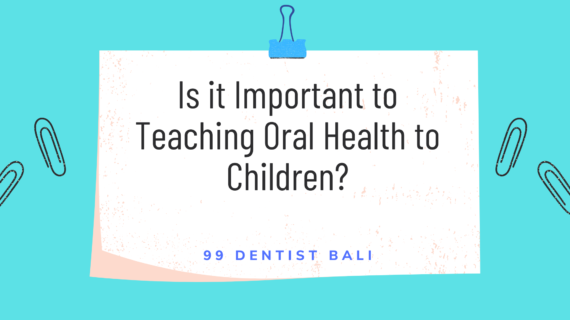Symptoms of a Spreading Tooth Infection – Cavities that are left unchecked can lead to dental infections. If the infection is left alone, of course the infection can spread to other organs of your body. Symptoms can also interfere with your activities. These cavities are better not to be ignored. You need to recognize the symptoms of a spreading tooth infection and when is the right time to see a dentist.
Also Read Is it Important to Teaching Oral Health to Children?
What is the symptoms of a spreading tooth infection?
Basically, toothache pain comes and goes. Some people may think that having a dental check-up is something that can be postponed. Whereas if you ignore it can have an impact on a severe dental infection.
The infection can develop into a tooth abscess, which is a pus-filled lump due to a bacterial infection of the tooth. The location of the abscess can occur at the tip of the root of the tooth or the gum around the infected tooth.
Quoted from the Statpearls Publishing article, dental abscesses are caused because the teeth are not cleaned properly. Plaque buildup that causes cavities, and previous dental injuries or treatments.
Dental infections that are not treated immediately can spread to the jaw, head, neck, and throughout the body. In the end, the condition can have serious overall health effects.
Symptoms of a tooth infection you need to know :
- Toothache that is unbearable, persistent, throbbing, until it spreads to the jawbone, neck, and ears
- Sensitive to hot and cold temperatures
- Pain when chewing or biting
- Fever
- Swelling of the cheeks
- Swollen lymph nodes (lower jaw or neck)
- If the abscess bursts, a salty and foul-smelling fluid will come out of the mouth
- Shortness of breath and difficulty swallowing
If you find the above symptoms, it means that the tooth infection has started to spread. Leaving it alone can increase the risk of brain abscess, inflammation in the heart, pneumonia, and other complications.
Why do tooth infections occur?
Symptoms of a tooth infection can arise for several reasons. Usually it is cavities. Bacteria in cavities can easily enter through cavities, chips, or cracks in your teeth. This provides an avenue for bacteria to enter the deepest part of the tooth.
Bacteria enter and infect the deepest part of the tooth which is found in blood vessels, nerves, and connective tissue. These bacteria cause swelling and inflammation at the root tips, triggering other symptoms of tooth infection.
If swelling of the gums or cheeks occurs, and other symptoms arise, don’t delay going to the dentist. However, if symptoms progress to shortness of breath or difficulty swallowing, it is best to immediately go to the hospital’s emergency department. This is because it could be a sign that the infection has spread.
To treat the infection, the dentist will perform root canal treatment. This procedure is performed to remove the infection from the root of the tooth.
In the treatment of infected teeth, the dentist will also treat the gums affected by the abscess and usually follow-up treatment so that the tooth infection can be resolved.
When root treatment is not possible, the dentist will remove the infected tooth to treat the abscess.
How to avoid severe tooth infection
Self-care should not be missed, so that dental infections do not come.
Here’s a routine that you need to do to maintain healthy teeth:
- Brush teeth properly twice a day
- Flossing teeth at least once a day
- Gargling with mouthwash / mouthwash containing essential oils, helps reduce 99.9% of germs that cause oral problems, as extra protection against cavities
- Avoid consuming sugary and sticky foods or drinks, especially before you go to sleep
- Regularly check with the dentist every six months
Conclusion
It is important for you to always maintain and care for your dental health. Because if you already have an infection, you inevitably have to give up quite a lot of money for treatment.
